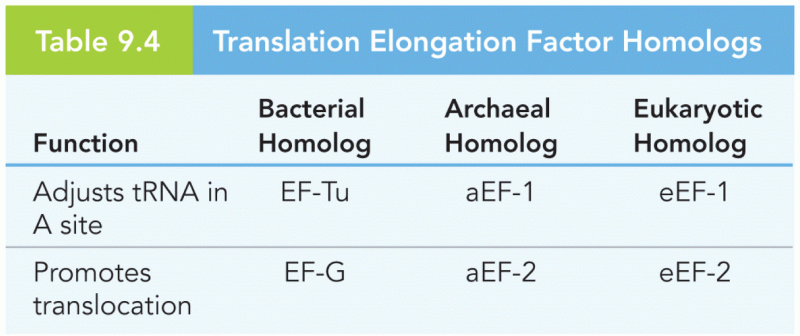|
|
|
There are more nerve cells in one human brain than there are stars in the Milky Way.
Aspirin is the most widely used drug in the world. It has even been recognized as such by the Guinness Book of World Records.
A cataract is a clouding of the eyes' natural lens. As we age, some clouding of the lens may occur. The first sign of a cataract is usually blurry vision. Although glasses and other visual aids may at first help a person with cataracts, surgery may become inevitable. Cataract surgery is very successful in restoring vision, and it is the most frequently performed surgery in the United States.
For pediatric patients, intravenous fluids are the most commonly cited products involved in medication errors that are reported to the USP.
Of the estimated 2 million heroin users in the United States, 600,000–800,000 are considered hardcore addicts. Heroin addiction is considered to be one of the hardest addictions to recover from.







